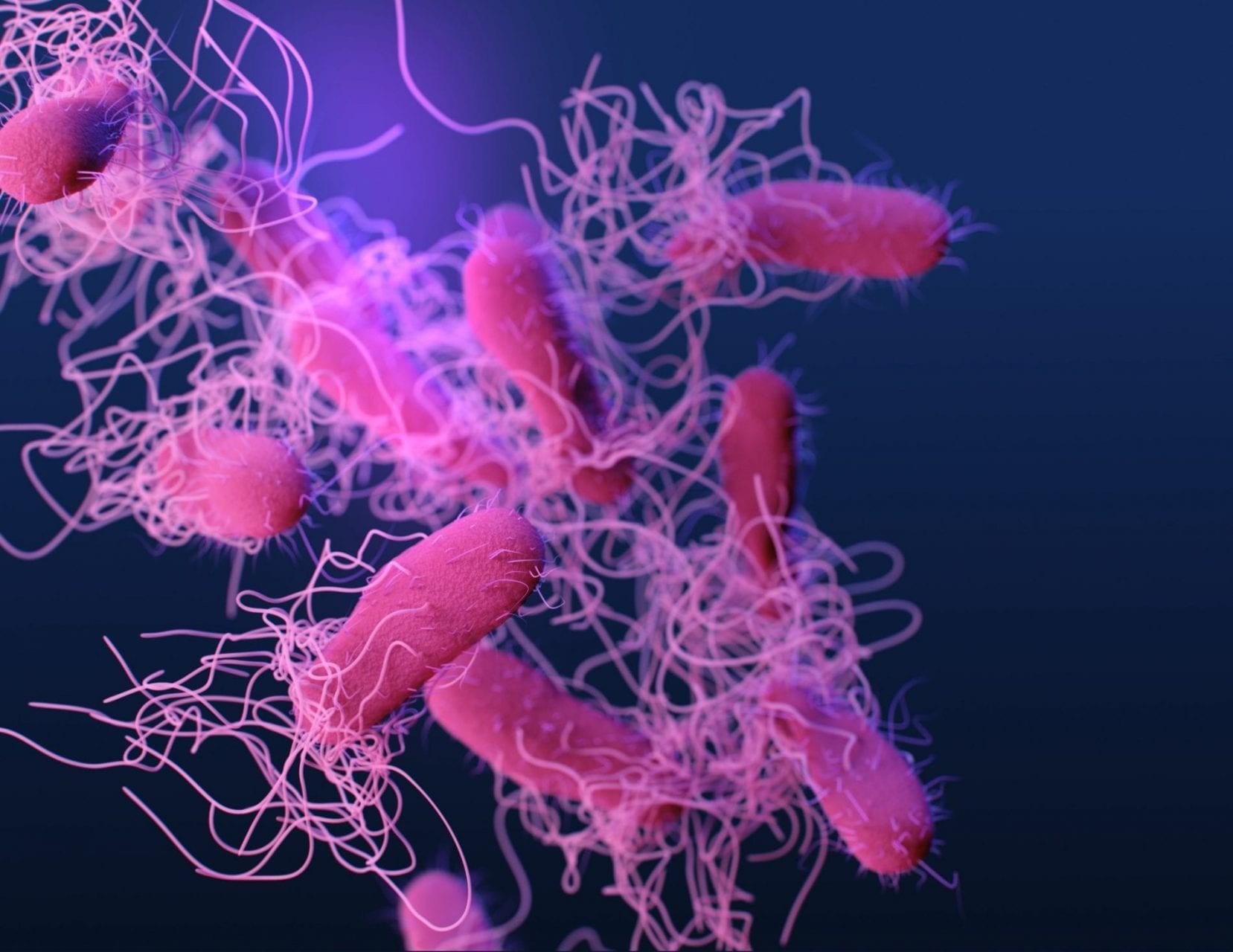Your microbiome is the 2-3kg of bacteria, yeasts, viruses and archaea (ach-what??) that live inside of you. We have known that our bodies are co-inhabited by these microbes for some time, however, every day more and more research is published showing us just how vital this part of our body is.
Most of the research is on the bacteria and yeast component of the microbiome, so let’s put our focus there. You might have heard names like lactobacillus or bifidus, or how yogurt can help make your gut healthier. But you have around 300-500 different types of bacteria and yeasts that call your gut home.
In fact, if we looked at all of the cells in your body, we’d find that you have over 10x more bacterial cells than you do human cells. And if we break down your DNA, you’d be made up of around 99.8% bacterial DNA and just 2% human DNA. And while we’re learning so much about this unique ecosystem we call your gut microbiome, it’s clear that there is still so much more to learn.
What we do know is that your microbiome functions almost like an organ unto itself. Your microbial cells communicate with the human cells of your body. And your human cells communicate with your microbiome. The microbiome is affected by hormones and chemical mediators released from human cells, and our human cells are impacted by the amounts and types of specific bacteria in the gut.
Here are some of the interesting things we know about our microbiome:
YOUR GUT AND MOODS
Your microbes manufacture neurotransmitters like serotonin and GABA. It is estimated that about 80% of your serotonin is actually made in the gut, and research shows that people who have an unhealthy microbiome are more likely to experience depression and anxiety.
YOUR MICROBES AND IMMUNITY
Over 80% of your immune system is found in the gut, and the microbiome has a key role in immune regulation. We know from research that the health of your microbiome is a key factor in whether or not you develop allergies, asthma and even autoimmune disease.
MANUFACTURE OF NUTRIENTS
Your microbes make a number of important compounds including short-chain fatty acids, which are absorbed and utilised in many organ systems. Your gut also produces Vitamin K, folate, B1, B2, B5 and B12, adding to your overall nutrient levels.
HORMONES AND YOUR GUT
Your gut bacteria have a role in metabolising hormones. The estrobolome, is the collection of bacteria that metabolise estrogen and are important for female reproductive health. Excesses of oestrogen can lead to infertility, PMS and conditions like endometriosis.
For more on the microbiome, you can listen to episodes 14 and 15 of The shift Podcast with Katherine Maslen.

PREVENTION OF DISEASE
Most importantly, it has been shown that the health of your microbiome correlates strongly with chronic disease. A healthy microbiome can reduce the expression of unhealthy genes which can trigger off chronic diseases like diabetes, heart disease, autoimmune disease, cancer and other chronic conditions. For more of this listen to episode 7 of The Shift Podcast.





